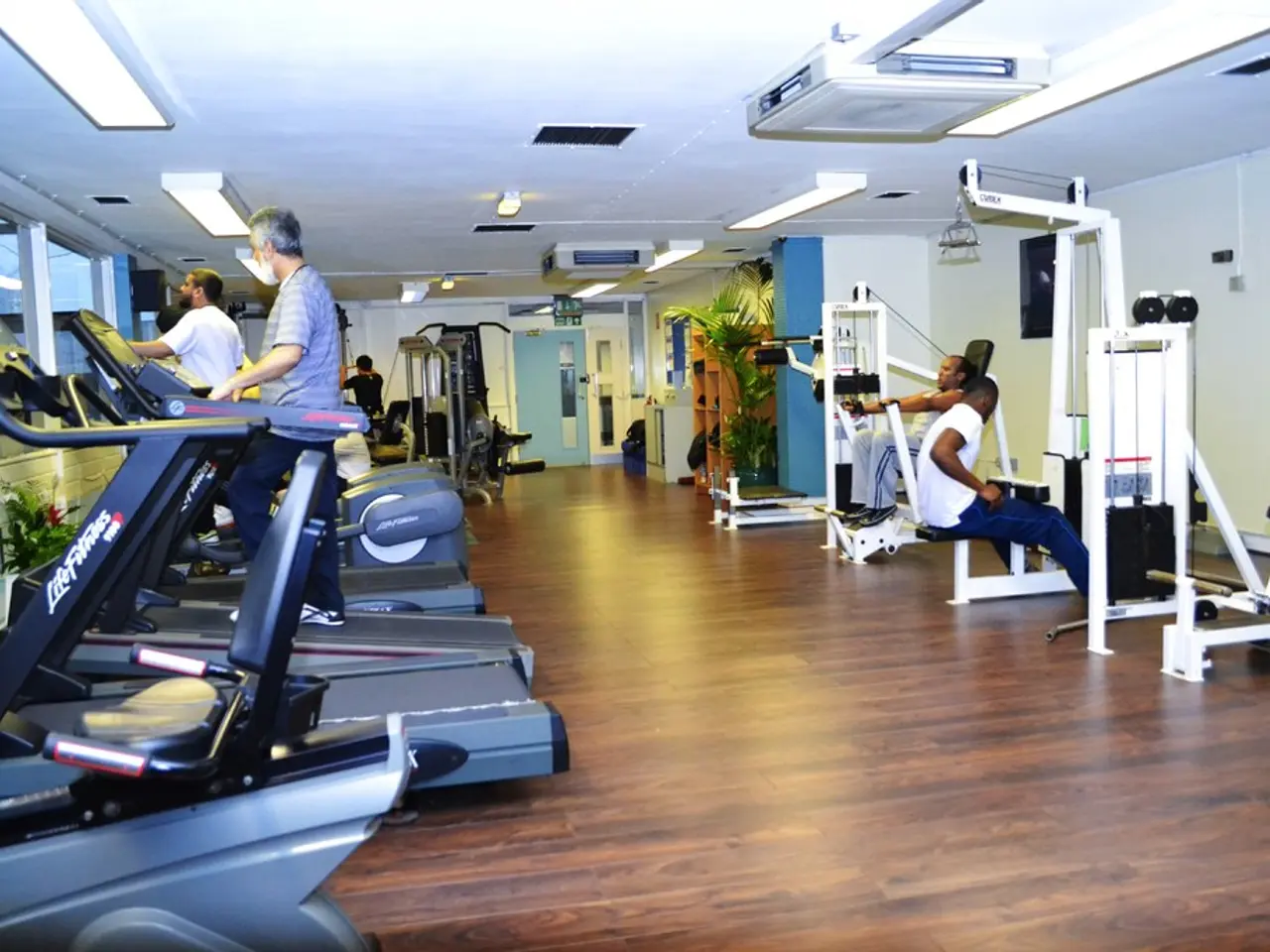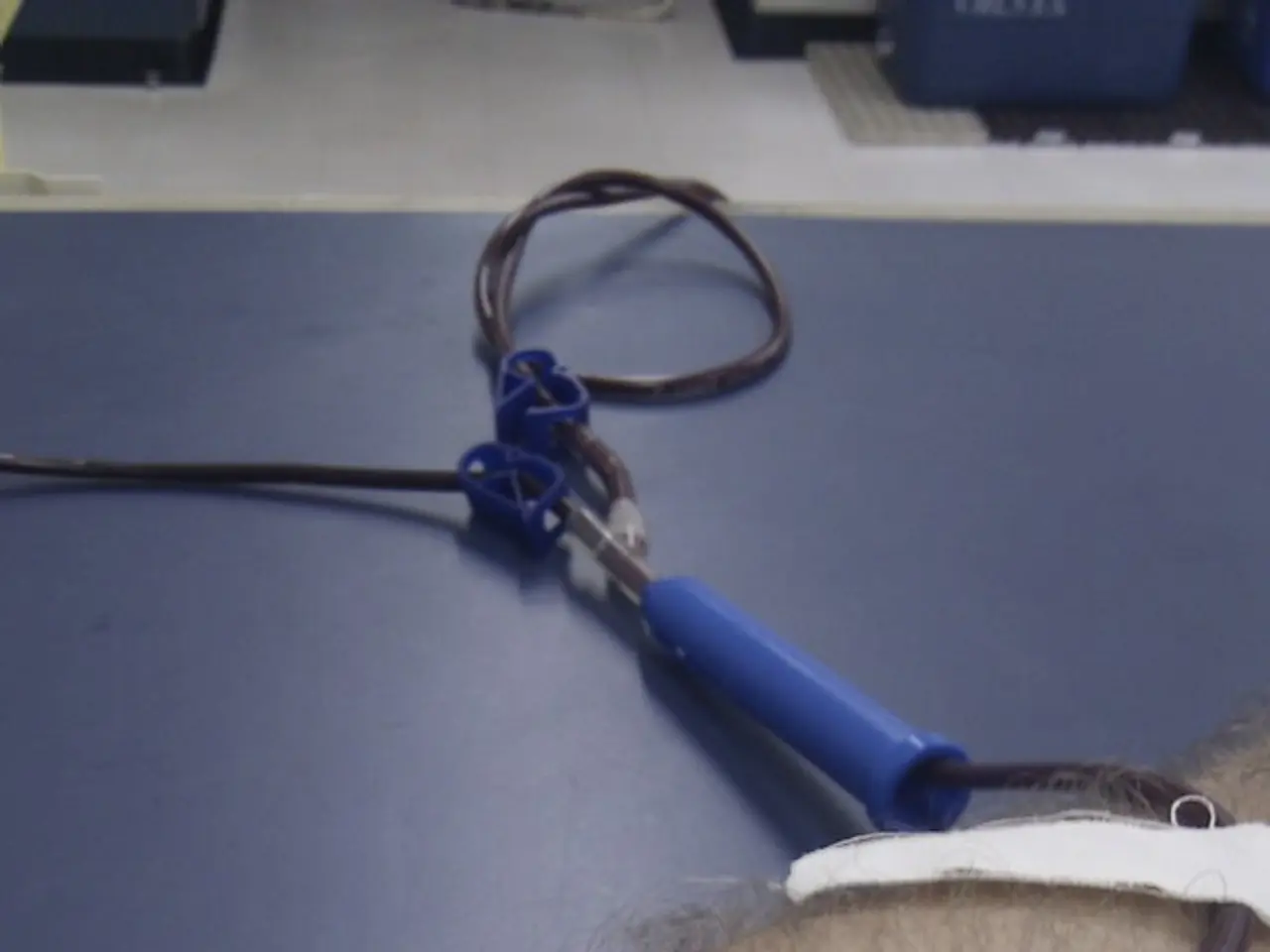Enhanced Short-term REBT Therapy Elevates Motivation and Exercise Preparation in Inactive Adults
Rational Emotive Behavior Therapy (REBT) has shown promising results in helping individuals overcome psychological barriers to regular exercise. A recent study, published in Frontiers in Psychology, explored the impact of REBT on two sedentary adults who intended to become more active in the near future [1].
The research team used a single-case experimental design to closely examine how REBT influenced the psychological and behavioral patterns of these participants. Each participant received five one-hour REBT sessions via videoconferencing, along with structured homework exercises, over a five-week period [2].
The study found that both participants significantly reduced self-defeating, irrational beliefs—such as perfectionism or feelings of failure related to exercise—and replaced them with more rational and balanced perspectives [2]. This cognitive restructuring helped increase internal motivation and readiness to exercise, which translated into higher exercise participation after the intervention.
One participant resumed jogging and used techniques from the therapy for managing anxiety and sticking to goals. The other participant prepared for physical activity by checking gear and increasing walking and cycling. Both reported greater readiness and confidence to change their exercise habits [1].
Remarkably, one participant's irrational beliefs dropped from a score of 34 to just 8, while their self-determined motivation more than doubled. This suggests that REBT can have a substantial impact on exercise-related thoughts and behavior [1].
The structure of the program mirrors formats already familiar in health coaching or behavioral programs, making it accessible and scalable. However, it's important to note that the study involved only two participants, so the results cannot be generalized without further testing [1].
While evidence on REBT’s direct impact on exercise behavior is emerging and somewhat limited in scale, the current findings are promising in suggesting that REBT can effectively target psychological barriers by changing maladaptive thought patterns that hinder regular exercise [1][2]. Future studies should ideally validate self-reported behavior changes with objective activity tracking.
REBT is a specific form of cognitive-behavioral therapy that helps individuals challenge irrational beliefs and replace them with more balanced, rational perspectives. The detailed idiographic approach allowed for deep insights into individual experiences, showing that people respond differently within the same framework [1]. The therapy emphasizes reframing thoughts like "I’m lazy if I don’t exercise" to more compassionate rational statements such as "It’s okay to struggle, and trying is worthwhile," thereby reducing avoidance behaviors and psychological resistance tied to exercise environments [2].
In summary, REBT helps overcome psychological barriers to regular exercise by reducing irrational beliefs related to performance and self-worth, thereby boosting intrinsic motivation and confidence, which facilitates increased exercise participation [1][2]. The study suggests that REBT might help people overcome barriers to regular exercise by changing how they think, not just what they do.
- Rational Emotive Behavior Therapy (REBT) has demonstrated promising results in helping people overcome psychological obstacles to regular exercise.
- The impact of REBT on individuals' behavior and psychology was recently investigated in a study published in Frontiers in Psychology.
- Using a single-case experimental design, the study examined how REBT influenced the psychological and behavioral patterns of two sedentary adults intending to increase their activity.
- Both participants experienced significant reductions in self-defeating, irrational beliefs and developed more rational and balanced perspectives, which boosted their internal motivation and readiness to exercise.
- The study's results highlight that REBT can have a substantial impact on exercise-related thoughts and behaviors, as evidenced by a remarkable decrease in irrational beliefs and a significant increase in self-determined motivation in one participant.
- While the study involved only two participants, the findings are promising in suggesting that REBT can effectively target psychological barriers to exercise by changing maladaptive thought patterns.
- Future research should aim to validate self-reported behavior changes with objective activity tracking and investigate REBT's potential in helping more people overcome barriers to regular exercise and improve their mental and physical health through therapies and treatments.




